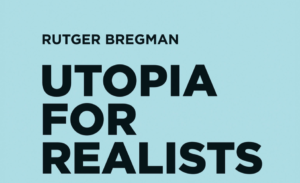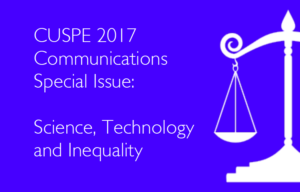The Art of Science Diplomacy
By Mrittunjoy Guha Majumdar
Richard Holbrooke once said ‘Diplomacy is like jazz: endless variations on a theme’. A fine-art as it seemingly is, diplomacy has recently had an added embellishment on its canvas: science. For the diplomats of the day, this new addition to the vanguard of diplomacy has come with a lot of additional resources and opportunities, over and above the traditional elements of ‘soft power’, which is an approach to international relations that involves persuasion using economic and/ or cultural influences.








